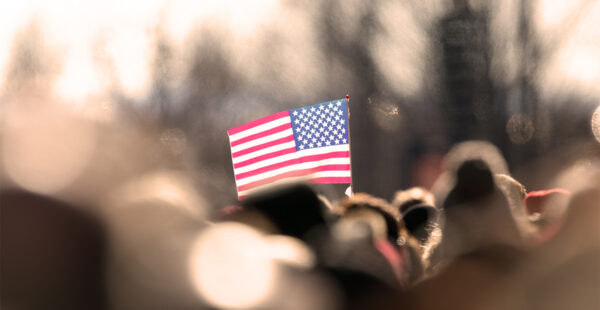Civic Nebraska’s mascot is the noble honeybee, one of the most commonly known and ubiquitous friendly flyers. While it’s a common misperception that bee societies are monarchies, honeybees in reality tend to make decisions much more collectively.

We all know how important honeybees are for our way of life – so important that they are the official state insect of the State of Nebraska, in fact. On top of that, there are interesting parallels between honeybee behavior and our democratic principles. Honeybee colonies are highly organized social structures where individual bees work together for the benefit of the entire colony.
For example, when it comes to choosing a new location for a hive, honeybees engage in a process called “swarming.” During a swarm, a portion of the colony – including the queen – leaves the original hive to find a new site. The bees must reach a consensus on the new location, and this process involves a type of democratic decision-making.
Scout bees are responsible for searching for potential nesting sites and then returning to the swarm to communicate their findings through a dance known as the “waggle.” The more excited a scout bee is about a location, the longer and more vigorous its dance.
Other scouts see these dances and may visit the locations identified by the dancers – a buzzing equivalent of fact-finding and deliberation. Over time, as more bees become convinced of a particular location’s suitability, the colony converges on a consensus and ultimately chooses that location.
 This process, which is expertly chronicled by Thomas D. Seeley in his excellent 2010 work Honeybee Democracy, has been compared to how a modern and robust democracy functions – it involves the exchange of information, individual opinions, and a collective decision-making process.
This process, which is expertly chronicled by Thomas D. Seeley in his excellent 2010 work Honeybee Democracy, has been compared to how a modern and robust democracy functions – it involves the exchange of information, individual opinions, and a collective decision-making process.
It’s important we note here that this behavior is a result of the bees’ evolved instincts, not decision-making in the way humans perceive it. Yet, we believe that what works for bees also can work for humans: Moving forward together must include debate, shared interests, mutual respect, diverse solutions, and faith that the majority can be counted on for a wise resolution.
Such prosocial, forward-thinking aspects are what makes democracy the most powerful and adaptable organizing force in human history – and following the example of our winged friends, it’s what we seek to create and sustain at Civic Nebraska.
Hmm, that gives us an idea. Instead of using a moniker that invokes the vision of royal rulers and their loyal subjects, maybe we should start calling the head of American hives “President Bees.” What do we think, friends? Should we put it to a swarm – I mean, to a vote?





